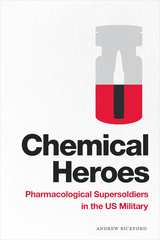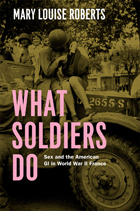


A comprehensive challenge to prevailing understanding of international implications of oil wealth that shows why it can create bad actors
In a world where oil-rich states are more likely to start war than their oil-dependent counterparts, it’s surprising how little attention is still paid to these so-called petrostates. These states’ wealth props up the global arms trade, provides diplomatic leverage, and allows them to support violent and nonviolent proxies. In Oil, the State, and War, Emma Ashford explores the many potential links between domestic oil production and foreign policy behavior and how oil production influences global politics.
Not all petrostates have the same characteristics or capabilities. To help us conceptualize these differences, Ashford creates an original classification of three types of petrostates: oil-dependent states (those weakened by the resource curse), oil-wealthy states (those made rich by oil exports), and super-producer states (those that form the backbone of the global oil market). Through a combination of case studies and analysis, she illustrates how oil shapes petrostates’ behavior, filling a major gap in our understanding of the international implications of oil wealth. Experts have too often treated oil-rich states as passive objects, subject to the energy security needs of Western importing states. Instead, this book highlights the agency and power enjoyed by petrostates.
As the oil market undergoes a period of rapid change, Oil, the State, and War sheds light on the diversity of petrostates and how they shape international affairs.

That’s not the picture of the Greatest Generation that we’ve been given, but it’s the one Mary Louise Roberts paints to devastating effect in What Soldiers Do. Drawing on an incredible range of sources, including news reports, propaganda and training materials, official planning documents, wartime diaries, and memoirs, Roberts tells the fascinating and troubling story of how the US military command systematically spread—and then exploited—the myth of French women as sexually experienced and available. The resulting chaos—ranging from flagrant public sex with prostitutes to outright rape and rampant venereal disease—horrified the war-weary and demoralized French population. The sexual predation, and the blithe response of the American military leadership, also caused serious friction between the two nations just as they were attempting to settle questions of long-term control over the liberated territories and the restoration of French sovereignty.
While never denying the achievement of D-Day, or the bravery of the soldiers who took part, What Soldiers Do reminds us that history is always more useful—and more interesting—when it is most honest, and when it goes beyond the burnished beauty of nostalgia to grapple with the real lives and real mistakes of the people who lived it.
READERS
Browse our collection.
PUBLISHERS
See BiblioVault's publisher services.
STUDENT SERVICES
Files for college accessibility offices.
UChicago Accessibility Resources
home | accessibility | search | about | contact us
BiblioVault ® 2001 - 2024
The University of Chicago Press









